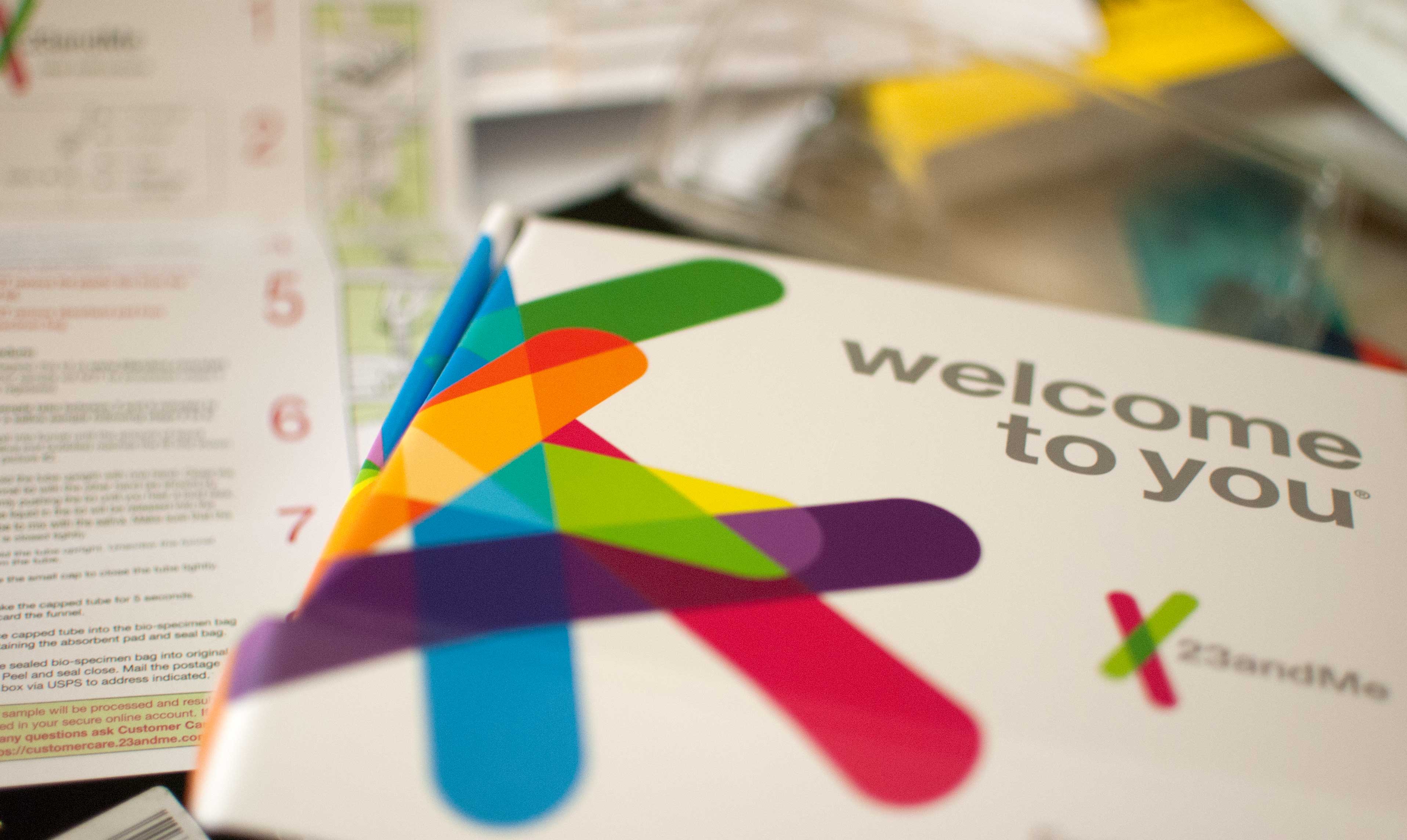The image of ivy is from my back garden and illustrates one of the few things that truly thrive there.
NIHCE have issued guidelines to address which treatments might be worth the NHS providing for MS patients. Aside from the disease activity going on in our brains we have similar symptoms to many other chronic conditions. Some of those symptoms are brought on by our bodies becoming increasingly inactive due to deterioration in our brains. It’s even been cheerily suggested by a London research establishment MS could be rebranded as a form of dementia. With this in mind I thought I’d share a link I was sent that was made with seniors in mind but could be useful for anyone that doesn’t move as much as they used to.
- NIHCE have suggested no longer financing injections of B12 to try and reduce fatigue (unfortunately, I’ve never been able to get hold of any through any number of GPs) but perhaps with more people asking for some basic maintenance strategies from their GP things might change?
- Vitamin D supplementation is involved in many processes carried out in the body every day and helps regulate the body’s own immune activity. it might be wise to address both of these deficiencies in the general public aswell. A GP can carry out this test.
- On the pharmaceutical side NIHCE would also prefer not to pay for Fampridine and Sativex. There wasn’t enough evidence to show statistically significant efficacy for all four supplementation approaches.

News of the Commonweath Fund’s conclusions about the brilliance of the NHS in a global league table of developed nation’s healthcare systems (as long as you don’t have a long term condition) I’ve mentioned in another post. The NIHCE use all sorts of equations and algorithms including weighing up loss of tax earnings for the country if these citizens can no longer earn and contribute. Perhaps the measure for the wellbeing of patients with long term health conditions needs to be adjusted?
I’m conflicted about withdrawing a therapy that has worth for some people but then I remember that the NHS doesn’t have bottomless pockets and whilst some people are missing out on marginally increased walking speeds, baby units and end of life care could perhaps benefit from the spare cash? I’ll still be buying my own supplements even if it doesn’t clearly contribute to improving prognosis on the NIHCE scale of improvement as I’m choosing to believe when their effects are all added up, these therapies are worth applying to help keep my body working as best it can. I think this outlook involving positive thinking may bring its own benefits.
A UK MS researcher agreed that good things appear to happen during O2 therapy after being asked for his opinion on a study on this website where Israeli long term stroke patients found new brain cell growth/synaptogenesis after receiving intensive O2 therapy in a decompression chamber. There are things we can do for ourselves that might help a little. I appreciate this isn’t a very rock and roll closing statement but it seems we, as owners of chronic conditions are in charge of improving our prognosis.



